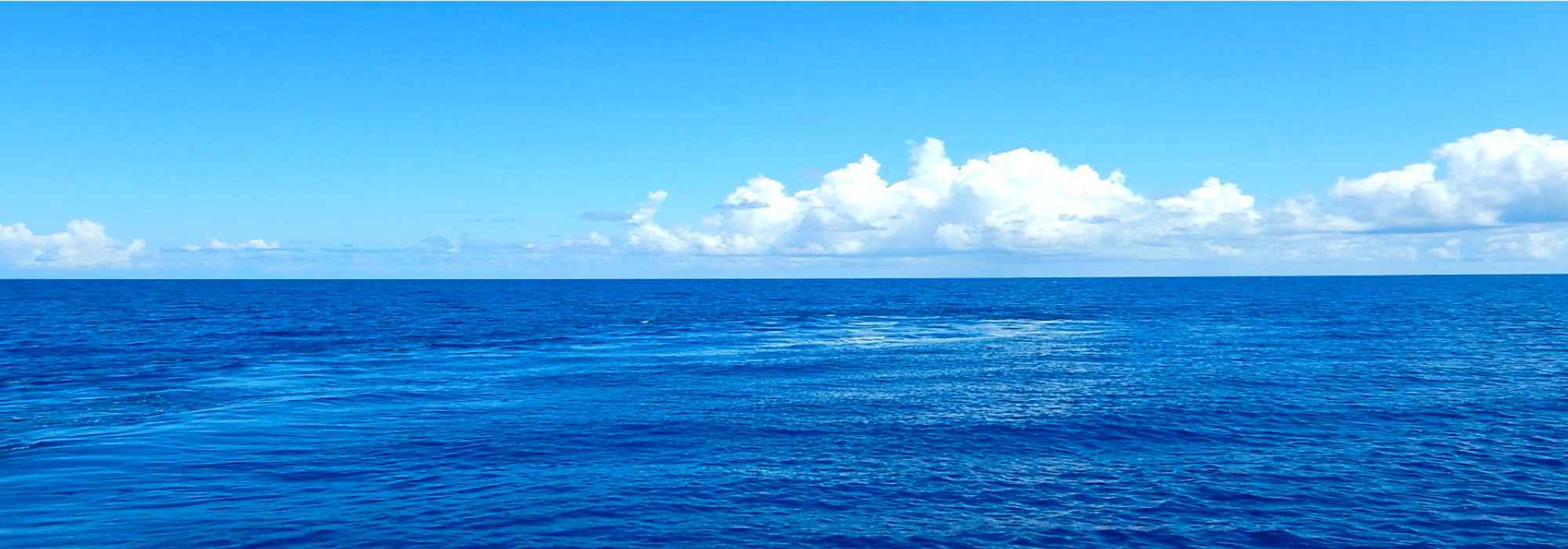Adjectives, Adverbs > Adverbs
56 Entries
Tuvaluan
日本語/English
Notes
mai tua
adv.
afterwards, later
副
以後,あとで
maise
adv.
especially
副
特に,とりわけ
Kae maise te fātele napa tolu e fiafia au ki ei. I especially like the third dance.
Kae maise te fātele napa tolu e fiafia au ki ei. 3番目のダンスが特に好きです.
mālielie
adv.
1. very slow; very calm
副
1. とてもゆっくりな;とても穏やかな
adv.
2. very slowly
副
2. とてもゆっくりと
[参]mālie
mautinoa
adj.
be sure, be certain
形
確かな,明らかな
adj.
be sure to -, definitely
形
確実に
Au e mautinoa e fanatu ki tou fale i te aso nei. I definitely visit your house today.
Au e mautinoa e fanatu ki tou fale i te aso nei. 今日必ずあなたの家に行きます.
nāi taimi
adv.
sometimes
副
時々,たまに
Tagata tenei e vau ki toku fale i nāi taimi. He sometimes comes to my house.
Tagata tenei e vau ki toku fale i nāi taimi. 彼は時々うちに来ます.
pelā me
adv.
about, approximately
副
およそ~くらい,大体~ほど
Matou ma'nako pelā me se sefulu nofoaga. We need about 10 chairs.
Matou ma'nako pelā me se sefulu nofoaga. およそ10脚の椅子が必要です.
